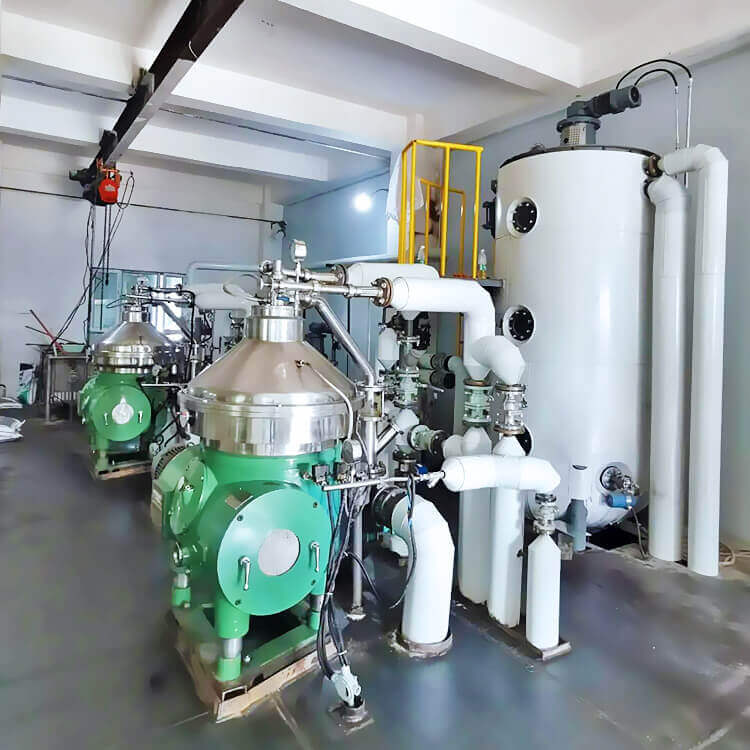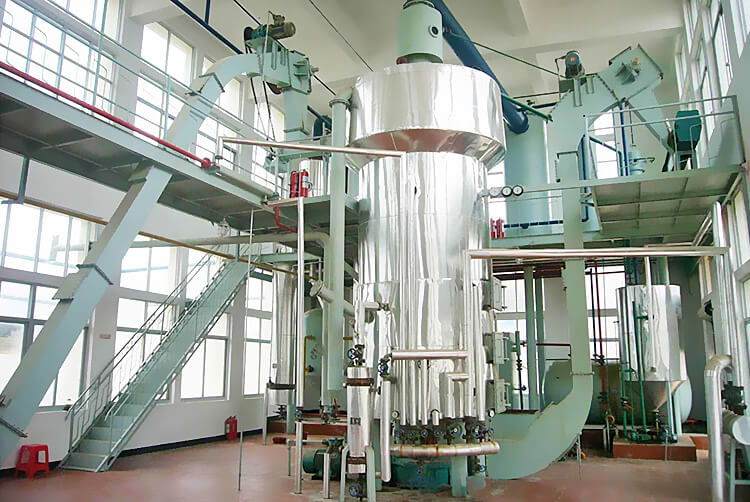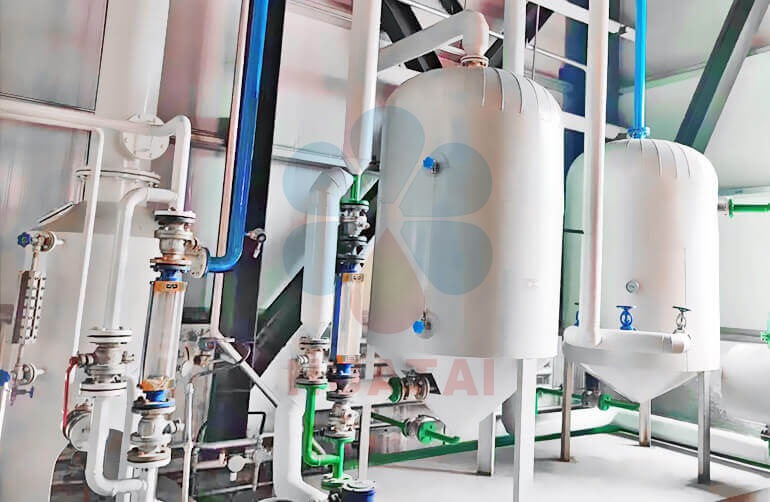In edible oil processing projects, oil equipment manufacturers often tailor production line solutions and corresponding edible oil processes for oil plants based on the plant's output, the characteristics of the oilseeds, and the grade of the oil. During the production of edible oil, the quality of the oil produced by different processing methods varies. What are the impacts of different oil processing methods on the quality of edible oil?

Currently, the commonly used processes in edible oil processing are cold pressing, hot pressing, and solvent extraction. The quality of edible oil produced by these three processes has the following differences:
The cold pressing process involves pressing the oilseeds at a temperature below 65°C using mechanical force. The low-temperature environment prevents the loss of nutrients, greatly preserving the nutritional content of the oil, resulting in more nutritious and healthier edible oil.
The hot pressing process involves pressing the oilseeds using mechanical force. Before pressing, the oilseeds are subjected to high-temperature steaming and frying to control the temperature and moisture, which helps in oil extraction. However, the high temperature can cause the oil to darken and lead to the loss of nutrients such as tocopherols and sterols.

The solvent extraction process uses solvents to fully contact the oilseeds and extract the oil. The extracted crude oil contains solvent residues and must be refined before consumption. The solvent extraction method mainly focuses on the following three points:
1. Adding food-grade solvents (No. 6 light gasoline) and utilizing the mutual solubility of oil and the selected solvent.
2. Extracting and dissolving the oil from the treated solid oilseeds at high temperatures.
3. Refining the crude oil through processes such as degumming, deacidification, dehydration, decolorization, deodorization, and deacidification.

Among these three processes, the cold pressing process produces higher quality edible oil with better nutrient retention, but it has a lower oil yield, leading to higher production costs and higher prices for cold-pressed oil. Hot-pressed oil is slightly inferior in quality to cold-pressed oil but has a higher oil yield and a rich flavor due to high-temperature frying, making it suitable for strong-flavored edible oil processing. The solvent extraction process has the highest oil yield among the three methods and is the most widely used method in the industry for extracting oils such as rapeseed oil, soybean oil, corn oil, and sunflower oil. The residual oil rate in the extraction meal can be controlled below 1%, with high processing efficiency, but the oil quality is not as good as pressed oil, making solvent-extracted oil the cheapest among the three types of edible oil.
Huatai Oil Machinery provides good quality oil mill plant, time & fast delivery, perfect after-sale services, and reasonable price, contact us!
Website: https://www.huataioilmachine.com/Copyright @ Henan Huatai Cereals And Oils Machinery Co.,Ltd.